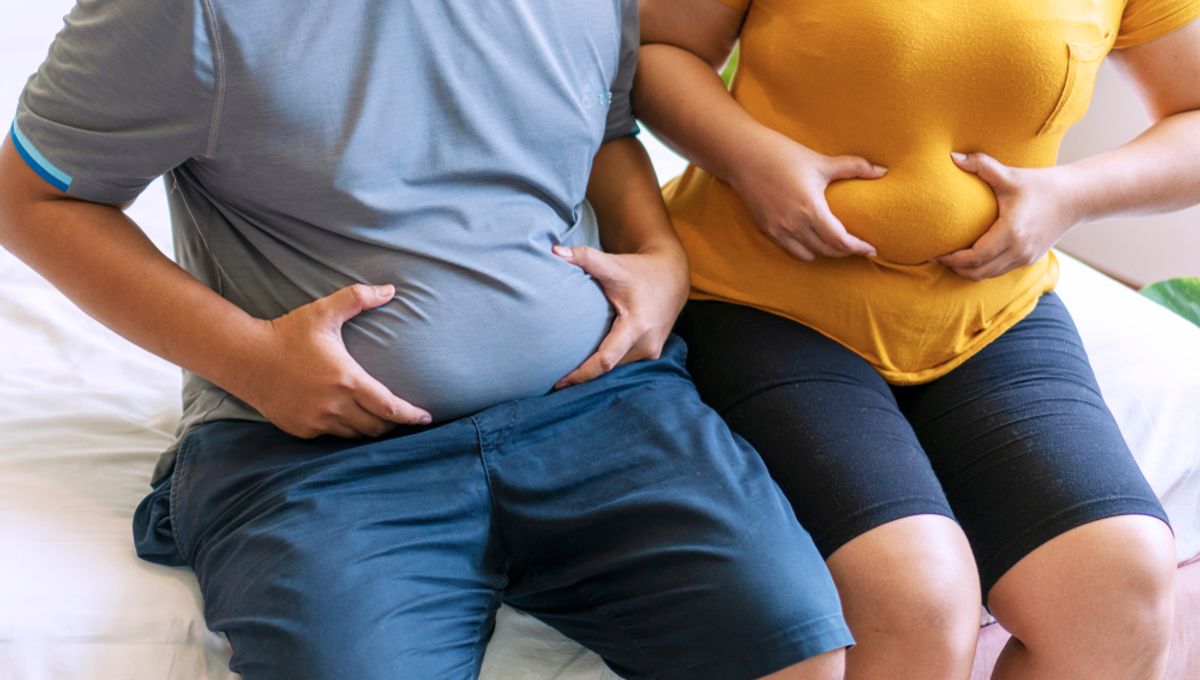
Dieting to lose weight can be a real slog, and anyone who has ever given up on an eating regimen will probably have noticed that the pounds tend to pile up again pretty quickly. According to a new study on mice, the body’s tendency to gain back weight after dieting may be caused by an increase in a particular type of gut bacteria during the “refeeding period”.
Researchers used ten different short-term dieting protocols to investigate the role of calorific intake on weight loss and gain in mice. In all cases, cessation of dietary restrictions resulted in a massive increase in fat accumulation that exceeded that of non-dieting mice.
Crucially, the study authors were able to determine that the animals’ sudden waistline expansion was linked to changes in the amount of fat absorbed by the gut after dieting, rather than the actual increase in caloric intake.
For instance, they detected enhanced intestinal lipid absorption, increased lipid anabolism in white adipose tissue (WAT), and decreased total lipid oxidation – all of which are associated with obesity – during post-diet refeeding.
To investigate whether this could be attenuated through nutrition, the study authors fed some of the mice a high-protein diet during refeeding, while others broke their low-calorie regime with a regular-protein diet. Encouragingly, the high-protein diet prevented rapid fat gain and even enabled the animals to maintain some of their weight loss during refeeding.
After analyzing the rodents’ gut bacteria, the researchers found a 50 percent increase in a particular strain of Lactobacillus in animals who received a regular-protein diet while refeeding. Consuming a high-protein diet, meanwhile, appeared to significantly suppress this increase.
To confirm the role of Lactobacillus in post-diet weight gain, the authors used penicillin to kill this particular strain of bacteria in the guts of mice. Sure enough, this attenuated intestinal lipid absorption, decreased fatty acid uptake in WAT, and reduced body fat accumulation after dieting.
In contrast, mice that lacked a microbiome displayed increased fat absorption and rapid weight gain after being treated with Lactobacillus.
Summing up their findings, the researchers explain that “refeeding after short-term dietary restriction is accompanied by an increase in intestinal Lactobacillus and its metabolites, which contributes to enhanced intestinal lipid absorption and post-dieting fat mass increase.”
“However, refeeding a high-protein diet after short-term dietary restriction attenuates intestinal lipid absorption and represses fat accumulation by preventing Lactobacillus growth.”
Applying these insights to humans who may be seeking to lose weight, the study authors say that “taking specific post-dieting diets, such as [high-protein] diet, is likely an applicable strategy that can alleviate the detrimental effects of terminating dieting.”
The research has been published in the journal Nature Metabolism.
Source Link: Gut Bacteria Changes May Explain Why You Gain Back Weight After Dieting